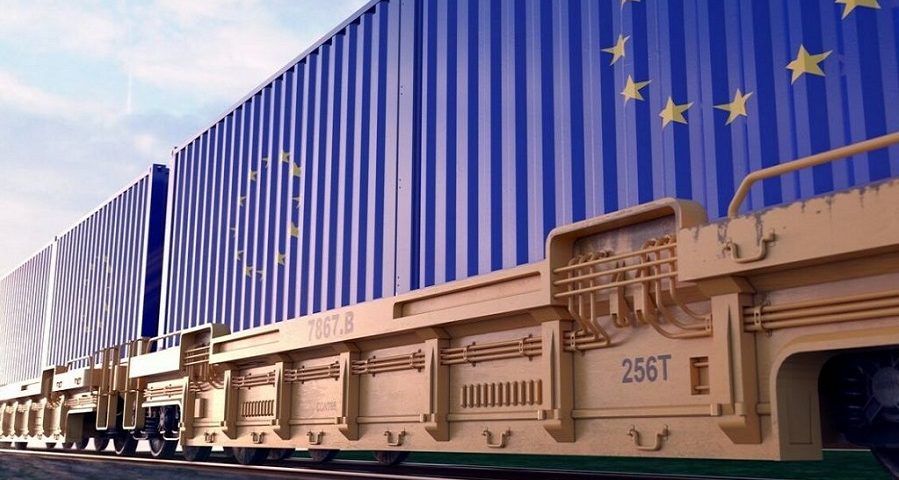Doing business

European Commission and bordering EU Member States established on 12 May 2022 the EU-Ukraine Solidarity Lanes. The Solidarity Lanes are essential corridors for Ukraine’s agricultural exports, as well as the export and import of other goods.
Since the inception of the Solidarity Lanes, more than 15 million tonnes of Ukrainian agricultural goods (grain, oilseeds and related products) have been exported, by road, rail and through Black Sea and Danube ports. In addition, since August, the Black Sea Grain Initiative has helped relaunch grain shipments from Ukraine’s Black Sea ports, thereby further reducing food prices globally.
Together these initiatives have allowed the export of about 25 million tonnes of Ukrainian grain, oilseeds and related products between May and end of October to world markets, including to the countries most in need. The Solidarity Lanes are currently the only option for the export of all other, non-agricultural Ukrainian goods to the rest of the world and for importing all the goods it needs, such as fuel and humanitarian assistance. As such, the Solidarity Lanes have become the lifeline of Ukraine’s economy, bringing back more than EUR 15 billion of much-needed income to Ukrainian farmers and businesses.
The EU has been working with Member States, Ukraine and the Republic of Moldova, international partners and companies, as well as transport operators, to improve the functioning of the Solidarity Lanes. As bordering EU Member States, Poland, Romania, Slovakia and Hungary, have made tremendous efforts and investments to facilitate these trade routes. However, the Solidarity Lanes are reaching their capacity limits, bottlenecks persist and logistics costs are high.
The European Commission will urgently dedicate EUR 250 million of grants to boost the Solidarity Lanes and EUR 50 million to support the infrastructure developments needed to increase further the capacity of the Solidarity Lanes.
The European Investment Bank plans to invest up to EUR 300 million by end-2023 on projects that respond to the Solidarity Lanes objectives. This is on top of the activity already announced and financed in Ukraine, a significant part of which is dedicated to road and railway upgrades. In addition, the European Investment Bank and the European Commission are making available the technical expertise of Jaspers (Joint Assistance to Support Projects in European Regions) for the identification and preparation of cross-border transport projects to be financed under the CEF, which can attract potential EIB co-financing.
The World Bank Group, in addition to its regional transport modelling, rapid damage assessment to identify priority repairs and recovery investments as well as ongoing work on trade and logistics, is preparing an emergency project to undertake repairs of the railway and road infrastructure damaged by the war with up to USD 100 million targeted for disbursement in 2023. Rehabilitation of railway infrastructure and multi-modal logistics in Romania and the Republic of Moldova to Ukraine’s borders is under discussion to support Ukrainian critical exports and imports, and lay foundations for reconstruction.
Source: www.ukraineinvest.gov.ua